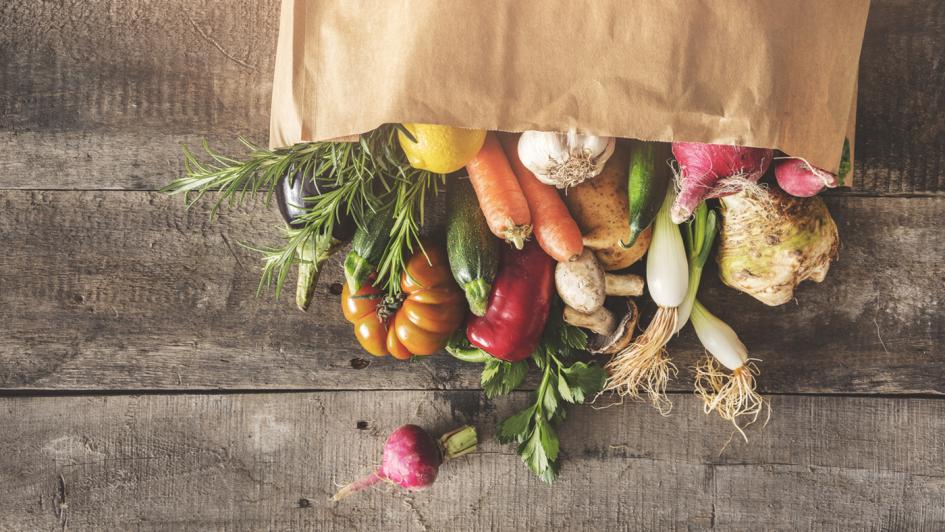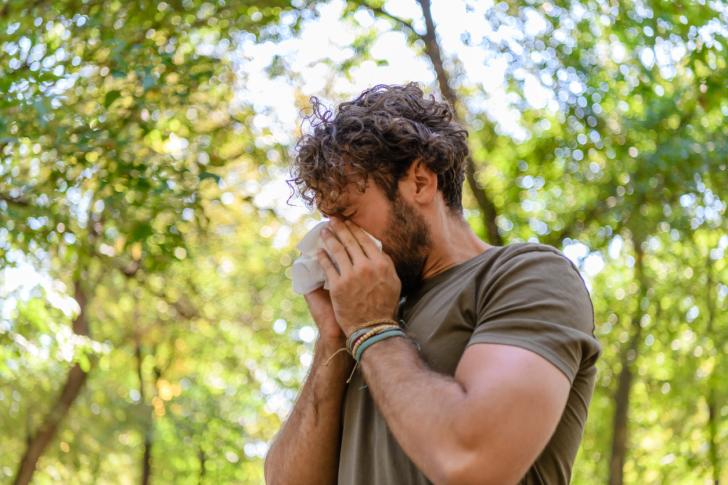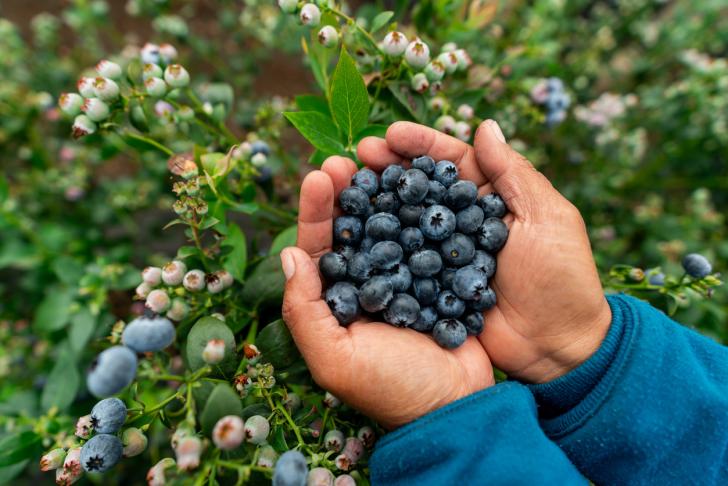8 Non-Organic Produce Items to Buy

Published
Incorporating more fruits and vegetables into your daily meals provide the body with many essential nutrients, fiber, vitamins and minerals. Many of us would love to opt for buying all organic produce if money was not an issue. If your family is unable to afford organic foods, consider buying some of these fruits and vegetables conventionally since they contain less pesticide residues. Conventionally farming is a method of growing produce the often includes the use of fertilizers and pesticides to allow for higher yield. A nonprofit organization called Environmental Working Group (EWG) releases lists called the “Clean Fifteen” and “Dirty Dozen” which identifies which produce contain the least and highest amount of pesticide residues. If your grocery budget is limited, you can use these lists to choose which conventionally grown produce is naturally low in pesticides. This will help you save money while minimizing your family’s exposure to pesticide residues.
Vegetables:
Sweet Corn:
I have some great news for you if you are a big fan of corn. Corn has the lowest pesticide residue than any other vegetables you can buy at the grocery store. Merely 2 percent of all tested samples contained pesticide residues.
Onions:
Onions are a common staple in many dishes around the world. Not only do they give us amazing aroma and flavor when cooked, onions offer many health benefits acting as an antihistamine and anti-inflammatory food. According to the Clean Fifteen, less than 10 percent of onions contained pesticide residues.
Cabbage:
86 percent of all cabbages were found to have zero pesticide residues. Moreover, they found that out of 700 cabbage samples, only two samples were found with 1 type of pesticide.
Asparagus:
Asparagus can be a great addition to any meal and they are full of antioxidant as well. You can feel good buying conventional asparagus because in 2018, 90 percent of the tested conventional asparagus samples contain no pesticide residues.
Fruits:
Avocados:
Good thing for us avocado lovers is that it was ranked number one on the “Clean Fifteen” list as the fruit with the fewest traces of pesticide. Less than 1 percent of all the samples tested contained pesticide residues. Switch to conventional avocados and satisfy your guacamole craving without having to spend extra.
Pineapples:
Whether you like pineapple on your pizza or not, you can definitely save your money buying conventional pineapples. Pineapples were one of the fruits with the lowest amount of pesticide found, with 90 percent of the samples having no detectable pesticide residues.
Mangoes:
Did you know that one cup of diced mango contains 100 percent of the daily need for Vitamin C? You can support your immune system by adding conventional mango into your diet. About 78 percent of the mango samples tested had no traces of pesticide residues.
Honey Dew Melon:
One great way to add more fluid to your day is to add water-rich fruits to your snack repertoire. Honeydews contain more than 90 percent water and are also a good source of vitamin C and potassium. About half of the conventional honeydews were found with no detectable pesticide residues.
Shopping for organic produce is a great way to support a sustainable food system and reduce pesticide residue in your foods. However, if your family is unable to afford organic foods, choosing to buy these fruits and vegetables conventionally is a choice you can feel good about. And remember, getting an adequate amount of fruits and vegetables is an important part of a well-balanced diet.
About the Author: Quan Van is a Dietetic Intern at Bastyr University. He advocates for preventive care using the holistic approaching that includes whole foods, exercise, and a balanced lifestyle. His clinical nutrition interests are in diabetes and hypertension care.
Reference:


